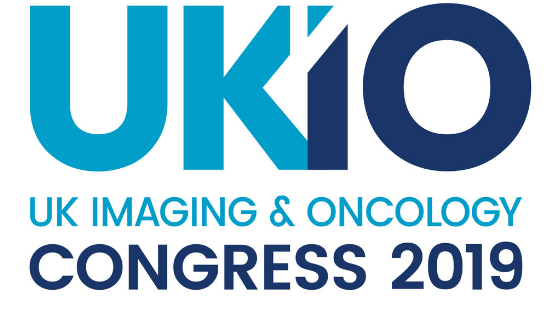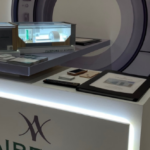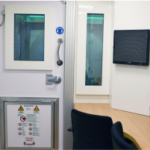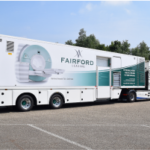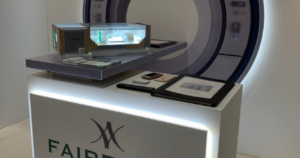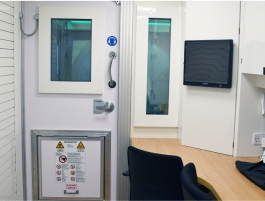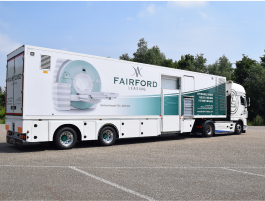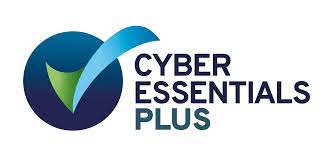Whilst the last decade has seen a number of advances in surgical, radiotherapeutic, and chemotherapeutic methods of treatment, lung cancer remains one of the most serious and difficult to treat diseases we face.
Unfortunately, when lung cancer is diagnosed, 55 per cent of patients will already have metastatic disease – meaning the cancer has spread beyond the lung to other parts of the body. It is for this reason that the survival rate remains low despite developments in curative therapies. Further patient and referring physician education is required before low dose lung cancer screening through CT becomes widespread, but a new large-scale trial in Japan has shone fresh light on the clear benefits of this approach.
Their report concluded that screening high-risk individuals for lung cancer reduced mortality by a whopping 51% compared to X-ray.
Despite many positives, low-dose Lung Cancer CT scanning of patients is not without drawbacks. For one, a screening can result in invasive biopsies for people who turn out not to have cancer, as well as missing some early stage tumours. Improving the follow-up and analysis of a positive CT scan (such as repeating the scan 3 months later and/or use of a PET/CT scan) will be essential in mitigating the risk of false positive diagnosis.
Meanwhile, Harvard researchers have successfully developed an artificial intelligence algorithm capable of analysing routine CT scans to predict the response a patient will have to treatment and their likelihood of survival. Their deep learning model was applied to the CT scans of 179 patients with stage three non-small cell lung cancer who had already received chemotherapy. The researchers then tested the AI model on a dataset of 178 CT scans from 89 NSCLC patients who had undergone chemoradiation as well as surgery.
The results of the research were groundbreaking, with the AI model successfully predicting the patients’ two-year survival. The deep learning algorithm was further able to establish that the patients it categorised as having a low mortality risk were six times more likely to survive than the high-risk patients.
It may take a while for AI to become widely available for clinical use, but such studies show significant promise for the future. While the use of AI will not replace experienced radiologists reporting on scans, it will allow them to work more efficiently and accurately in reporting on the scan results.
If the benefits of an early diagnosis are to be felt throughout the population, the regular Low Dose Lung Cancer CT screening must be made more widely available on the NHS. The NHS has recently issued tenders for ten such screening programs throughout the UK. Manchester and Leeds are now up and running with the rest scheduled to be before the end of 2019. Hopefully, the results will show improved patient outcomes, lower mortality and a life-time saving to the NHS by detecting Lung Cancer at a much earlier stage.
Fairford Medical provides medical diagnostic imaging solutions, not just products. Our motivation is to make MRI and CT diagnostic imaging more widely available to the public at an affordable cost to improve overall patient outcomes. We work with customers to better understand their operational problems and financial constraints to come up with creative and personalised solutions.
Fairford Medical has a fleet of mobile, relocatable and static CT and MRI systems for interim, medium and long-term rental or lease, together with all the supporting services and logistics required, including the new CT Scanbox which is highly affordable. Its self-contained and relocatable CT Scanbox system comes fitted with the latest technology scanners, and all the advantages of a mobile but in a 4-metre-wide relocatable format which can be easily delivered and set-up on site at minimal cost.
Fairford Medical will be exhibiting on Stand 22 at UKIO at the ACC Liverpool on 10 to 12 June 2019 – drop in to discuss your requirements and how Fairford Medical can help your organisation improve your service to patients.

